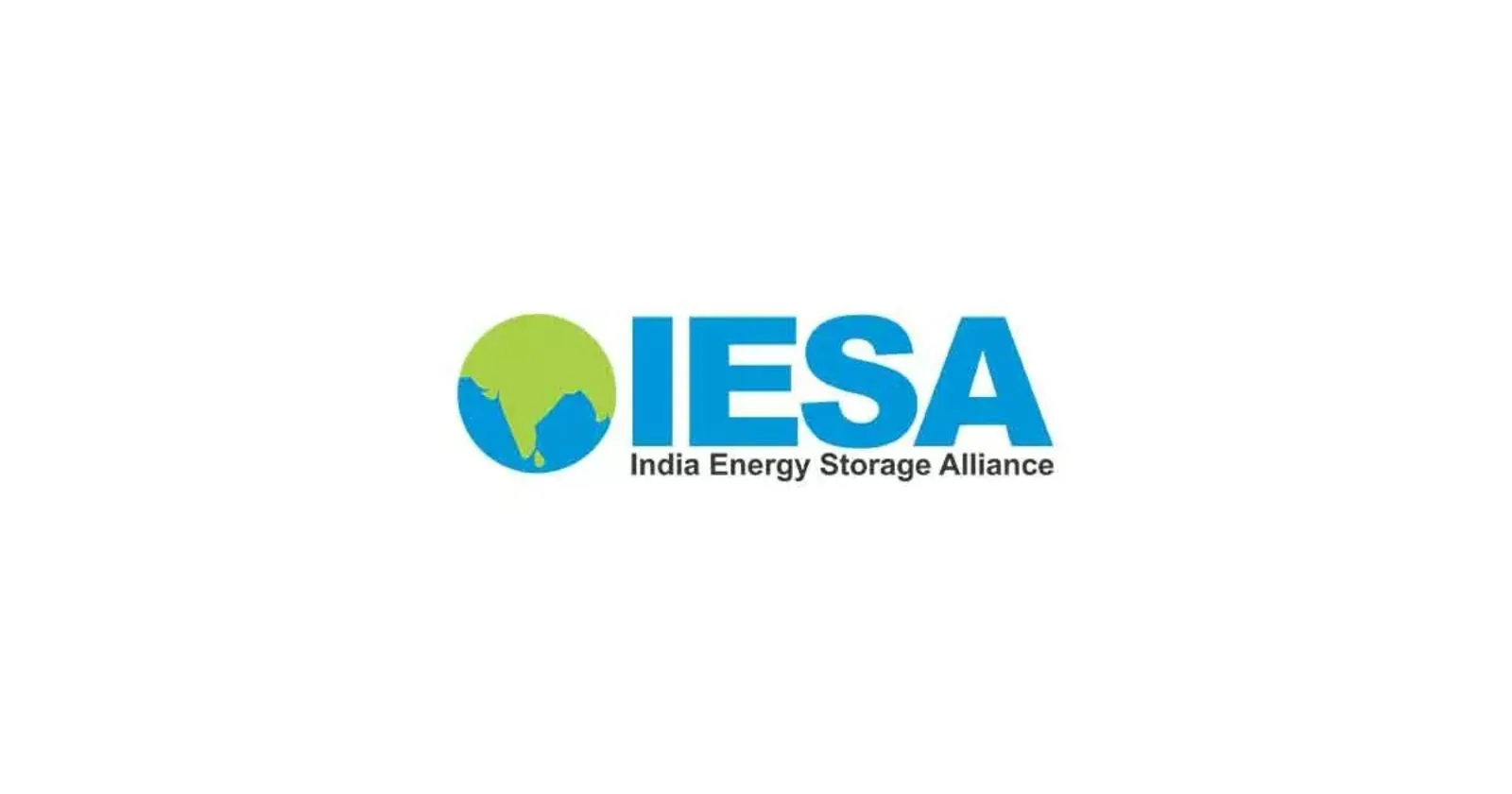
IESA urges the government to streamline regulations, incentivise innovation, and foster industry collaboration to strengthen India’s circular battery economy, as the battery recycling market is set for significant growth despite emerging challenges.
Share Post

IESA urges the government to streamline regulations, incentivise innovation, and foster industry collaboration to strengthen India’s circular battery economy, as the battery recycling market is set for significant growth despite emerging challenges.
The India Energy Storage Alliance (IESA) has called on the government to simplify regulations, encourage innovation, and strengthen collaboration between industry and policymakers to accelerate the development of a circular battery economy in India.
According to IESA, the country’s battery recycling sector is at a critical turning point, driven by supportive policy measures, regulatory changes, and rapid technological advancements.
Data from the IMARC Group indicates that the Indian battery recycling market, valued at USD 554.4 million in 2024, is projected to more than double to USD 1,304.1 million by 2033, reflecting a robust compound annual growth rate (CAGR) of 8.93% for 2025-33.
IESA has submitted a detailed set of recommendations to policymakers, aiming to address current challenges and unlock new opportunities for sustainable growth in the battery recycling sector.
The alliance suggests that the government should clarify roles and responsibilities under the Battery Waste Management Rules, including recognising remanufacturers of second-life batteries as producers at the repurposed stage and defining clear criteria for when a battery is considered ‘second-life’.
It also calls for clear guidelines on verifying recycler credentials and ensuring accountability in cases of non-compliance or fraudulent extended producer responsibility (EPR) transactions.
To promote eco-friendly design, IESA recommends introducing an ‘Eco-Mark’ certification for batteries that are designed for recyclability and safe dismantling. The alliance also encourages the use of water-dispersible binders, recyclable fixtures, and non-thermoset adhesives.
Further, it advocates for sustainability certification for recyclers, adherence to benchmarks for energy, water, and emissions, and aligning collection and recycling targets with new battery chemistries and domestic manufacturing capabilities.
IESA also suggests restricting exports to CPCB-registered recyclers to prevent unregulated trading. The Ministry of Mines has already launched a ₹1,500 crore incentive scheme to support recyclers of e-waste, lithium-ion batteries, and end-of-life vehicles, while the removal of customs duty on waste and scrap in 2024 is expected to improve feedstock supply.
Despite challenges such as the shift to Lithium Iron Phosphate (LFP) batteries, stricter international waste regulations, and recent policy changes leading to feedstock shortages, IESA remains optimistic about the sector’s long-term prospects, provided that innovation and policy reforms keep pace with market developments.
Also read: 2025 Motoverse - These Royal Enfield Bikes Will Be The Showstoppers
Tsuyo Unveils Gen 3.0 IPM Motor and First Electric Three-Wheeler AMT System
Acko Drive Team 15 Feb, 2026, 12:24 PM IST
Stellantis Revives Diesel Engines for 7 Models Amid Retreat from EV Models
Acko Drive Team 15 Feb, 2026, 11:53 AM IST
Exclusive: Tata Punch EV Facelift Spotted Testing In New Colours You've Never Seen Before
Acko Drive Team 15 Feb, 2026, 10:03 AM IST
PM RAHAT Scheme Launched: ₹1.5 Lakh Cashless Treatment for Road Accident Victims
Acko Drive Team 15 Feb, 2026, 7:16 AM IST
Hero MotoCorp Targets Growth in Under-Represented Segments
Acko Drive Team 15 Feb, 2026, 6:01 AM IST
Looking for a new car?
We promise the best car deals and earliest delivery!
